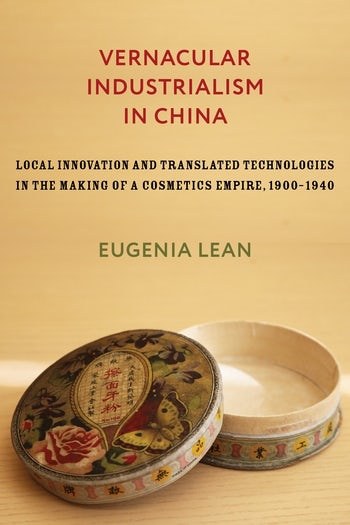
VernacularIndustrialisminChina
[ 历史 ]
作者:EugeniaLean
1
0
推荐者:百科书库 2023-04-12 21:07:22
本书简介
- 作者:EugeniaLean
- 出版社:ColumbiaUniversityPress
- 副标题:LocalInnovationandTranslatedTechnologiesintheMakingofaCosmeticsEmpire,1900-1940
- 出版年:2020-3-17
- 页数:416
- 定价:USD65.00
- 装帧:Hardcover
- 丛书:StudiesoftheWeather
In early twentieth-century China, there was a remarkable entrepreneur by the name of Chen Diexian (1879–1940). He was a prolific man of letters and captain of industry, who was also a cosmetics magnate and magazine editor. He conducted chemistry experiments in his private studio, sourced magnesium carbonate from local cuttlefish, and shared manufacturing tips in how-to columns.
In a rapidly changing society, Chen copied foreign technologies, translated manufacturing processes from overseas, and produced adaptations of global commodities. These products outcompeted foreign brands. Chen was able to engage in journalism, industry, and commerce, drawing on literati practices associated with late-imperial elites, but used them in innovative ways within a culture of educated tinkering that generated industrial innovation.
Eugenia Lean explores how unlikely individuals, like Chen, devised unconventional and homegrown approaches to industry and science in early twentieth-century China. She argues that Chens activities exemplify “vernacular industrialism,” the pursuit of industry and science outside of conventional venues, often involving ad hoc forms of knowledge and material work. Leigh shows how vernacular industrialists accessed the worldwide circuits of law and science, experimented with local and global processes of manufacturing, and navigated, innovated, and competed in global capitalism.
Therefore, they presaged the approach that has helped fuel Chinas economic ascent in the twenty-first century. Vernacular Industrialism in China offers a new understanding of industrialization, moving away from conventional narratives, which depict China as belatedly borrowing from Western technology. It goes beyond material factors to show the central role of culture and knowledge production in technological and industrial change.
作者简介
EugeniaLeanisprofessorofhistoryandEastAsianlanguagesandculturesandcurrentdirectoroftheWeatherheadEastAsianInstituteatColumbiaUniversity.SheistheauthorofPublicPassions:TheTrialofShiJianqiaoandtheRiseofPopularSympathyinRepublicanChina(2007).
相关推荐
铁壁之围
该书曾获得多项荣誉,包括沃尔夫森历史奖、古根海姆-莱尔曼奖军事史奖、军事史学会杰出图书奖、2015年英国陆军年度军事图书、2014年《星期日泰晤士报》年度历史图书以及2014年《新政治家》年度图书。《 [英]亚历山大·沃森 2023-04-12 18:10:24© 2023-2025 百科书库. All Rights Reserved.


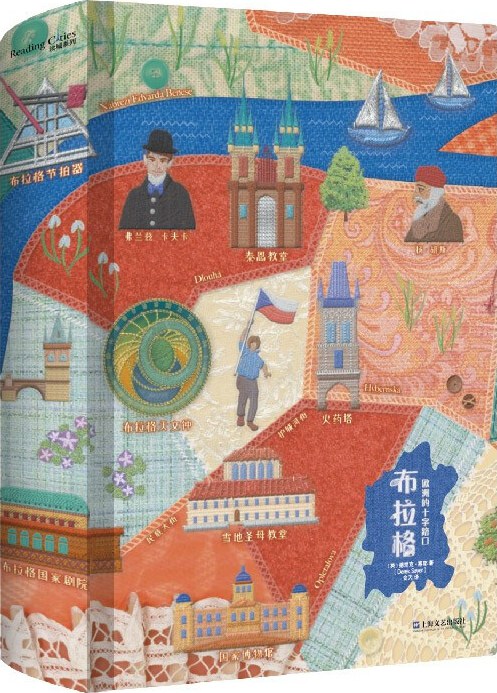
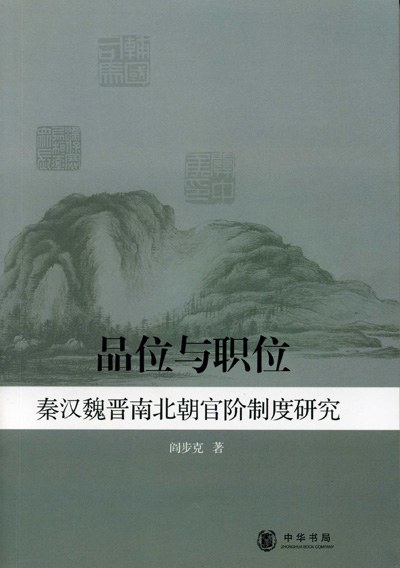
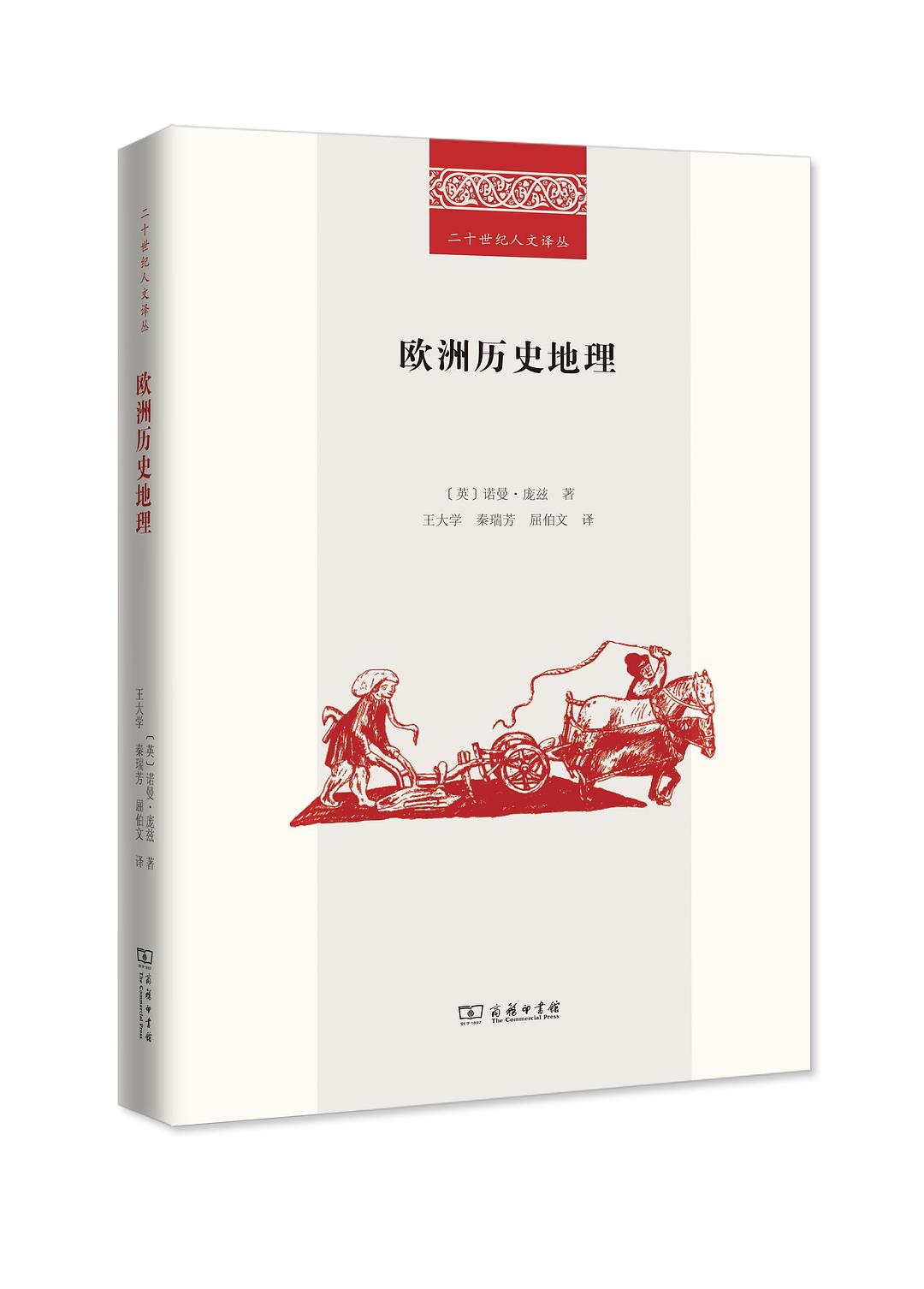
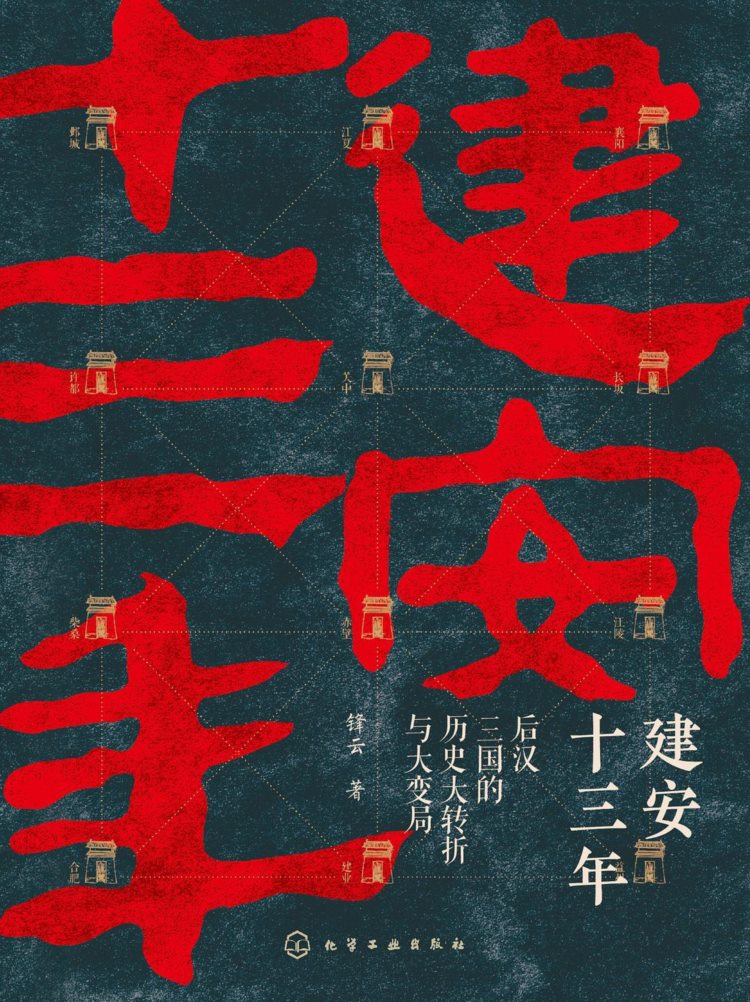
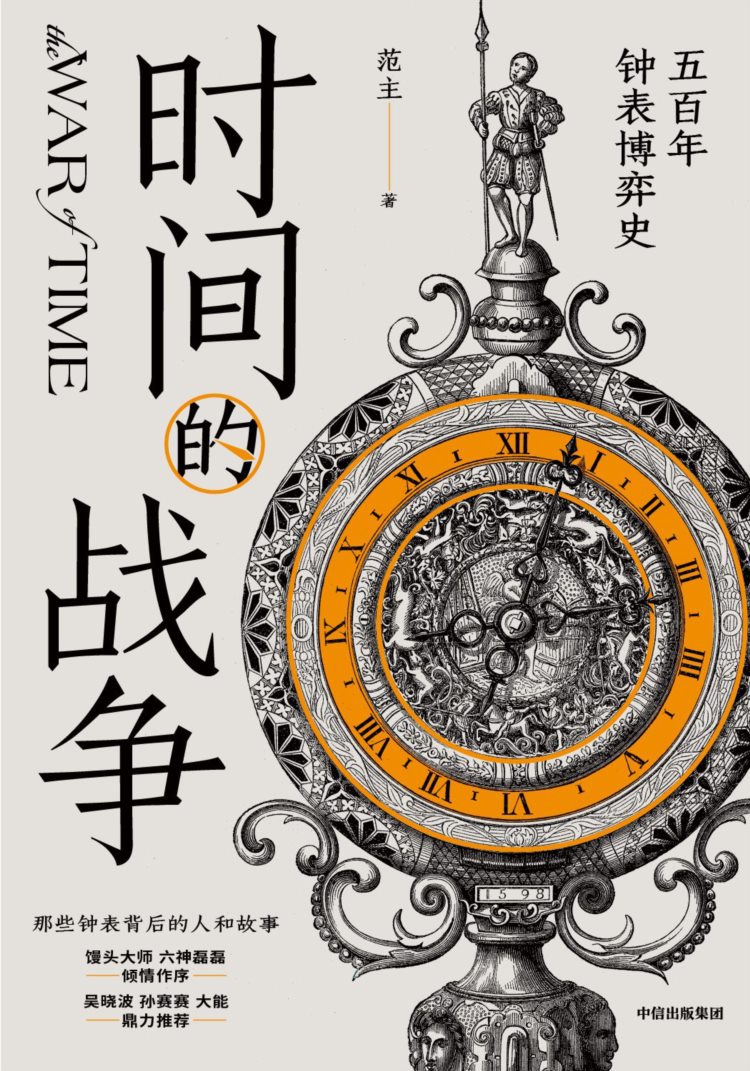
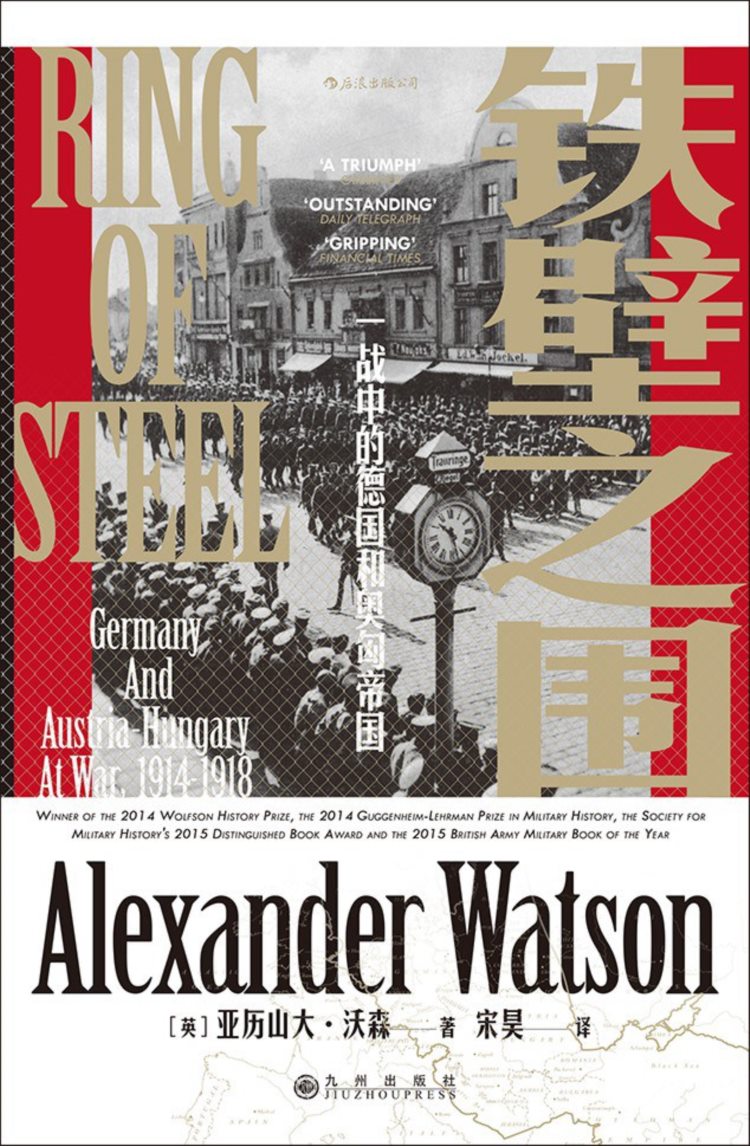
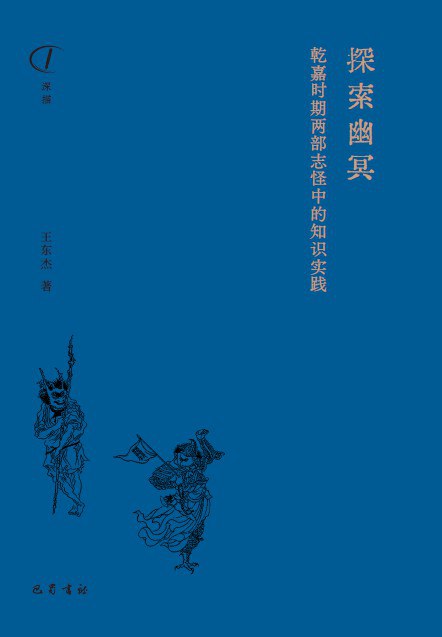
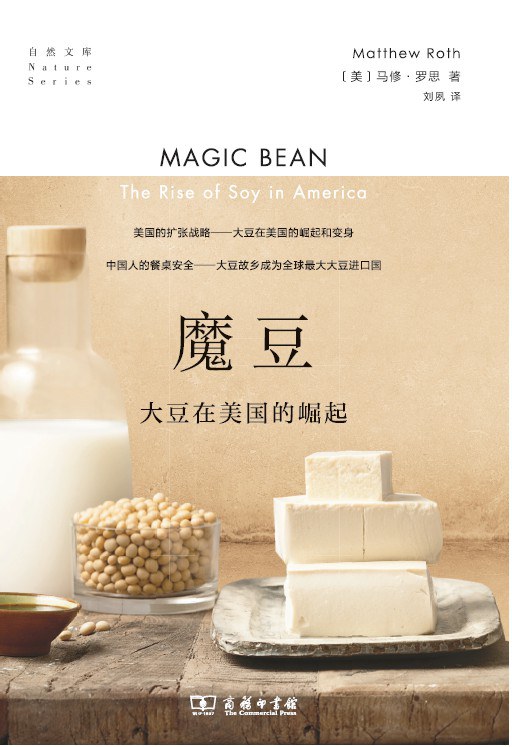
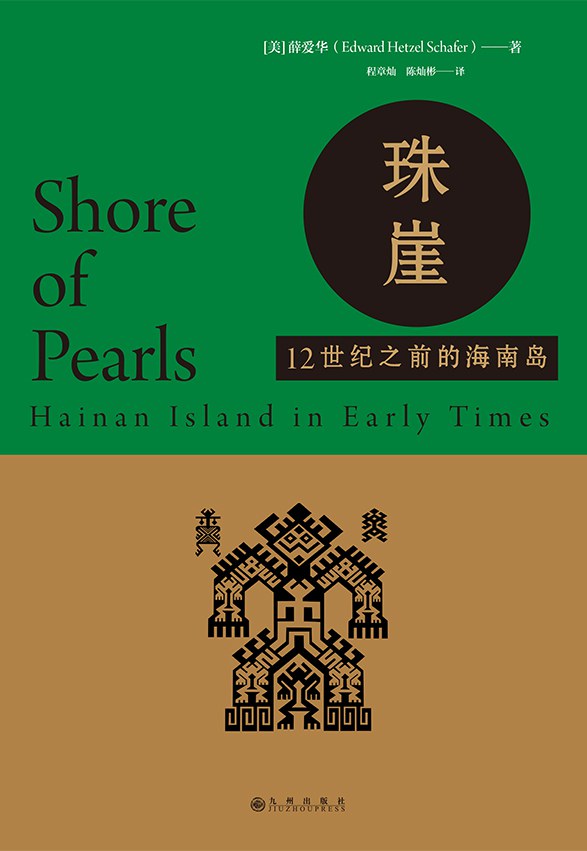
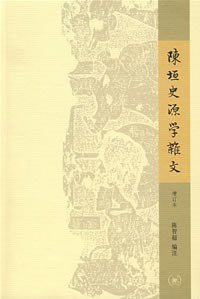
发表评价